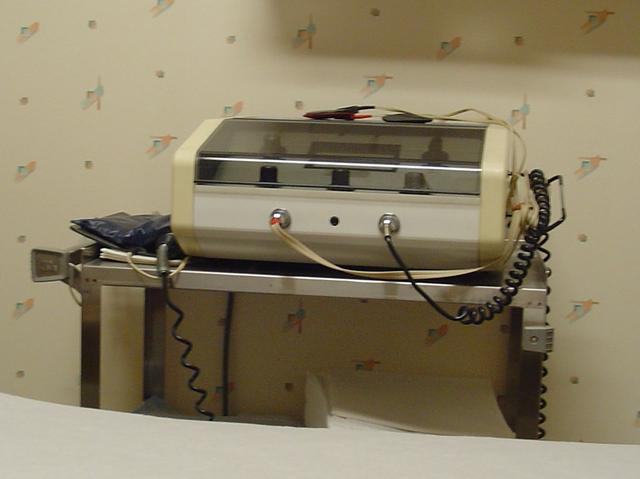EKGs are used as a preventative measure for people who have a family history of heart disease.If a patient complains of chest pain or irregular heart beat the doctor will probably do an EKG.
An abnormal EKG is determined by comparing the results of the EKG ordered for you with a normal EKG. Normal EKG’s show a slight flat-dip in between beats. If these flat-dips are missing this is not normal.
Myocardial defects, heart valve disease, enlargement of the heart, inflammation of the heart, coronary artery disease, and past, pending or future heart attacks are only a few of the problems that EKG will find .
Some patients are surprised to find out that they have had an abnormal EKG. As well, even more surprising is when presented with abnormal EKG results, some physicians do not seem concerned. This doesn’t mean they are inadequate physicians; it is more likely they believe something else has caused the abnormal reading.
Most doctors will want to check further by doing another EKG. Sometimes something as simple as low blood sugar can alter EKG readings.
When you have an EKG done, ask your doctor to explain the results to you and ask questions if you don’t understand.
